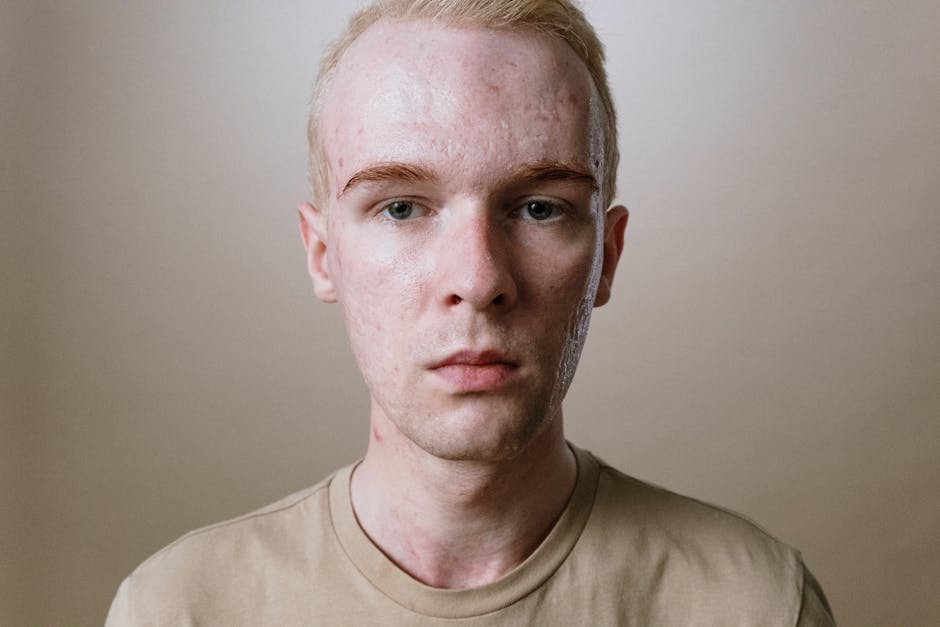Acne, an unwelcome skin condition characterized by unsightly blemishes, can wreak havoc on one's self-esteem and confidence. While it's a common affliction, it doesn't have to be a life sentence. With the right knowledge and a tailored treatment plan, overcoming acne is entirely achievable.
**Understanding the Root Causes**
Acne occurs when sebum, a natural oil produced by the skin, becomes trapped within the hair follicles. This sebum buildup creates a breeding ground for bacteria, leading to inflammation and the formation of blemishes. Understanding the underlying causes of acne is crucial for developing an effective treatment strategy.
**Hormonal Fluctuations**
Hormonal changes, particularly during puberty and menstruation, can trigger acne outbreaks. Increased production of androgens, such as testosterone, stimulates the production of sebum, making the skin more prone to blemishes.
**Genetics**
Genes play a significant role in the development of acne. If you have a family history of the condition, you may be more likely to experience it yourself.
**Diet**
Certain foods, such as dairy products, sugary drinks, and processed foods, have been linked to acne breakouts. Consuming these foods may worsen inflammation and increase sebum production.
**Medications**
Certain medications, including corticosteroids and lithium, can trigger acne as a side effect. If you're experiencing acne breakouts and are taking any medications, consult with your doctor about potential interactions.
**Treatment Options**
Depending on the severity and underlying causes of your acne, a range of treatment options is available.
**Topical Treatments**
Over-the-counter topical treatments, such as retinoids and benzoyl peroxide, can help reduce inflammation and kill bacteria. Retinoids unclog pores, while benzoyl peroxide eliminates bacteria that cause blemishes.
**Oral Medications**
In severe cases, oral medications may be prescribed. Antibiotics, such as tetracycline and erythromycin, target the bacteria that cause acne. Isotretinoin, a powerful retinoid, is used to treat severe, cystic acne.
**Laser Therapy**
Laser therapy can effectively reduce inflammation and kill bacteria. It's a non-invasive procedure that can improve the appearance of acne-prone skin.
**Lifestyle Modifications**
In addition to medical treatments, lifestyle modifications can play a crucial role in managing acne.
**Maintain a Healthy Diet**
Limit your intake of processed foods, sugary drinks, and dairy products. Opt for a diet rich in fruits, vegetables, and whole grains.
**Get Adequate Sleep**
Lack of sleep can worsen acne by increasing inflammation. Aim for 7-9 hours of quality sleep each night.
**Manage Stress**
Stress can trigger hormone imbalances that lead to acne breakouts. Find healthy ways to manage stress, such as exercise, meditation, or yoga.
**Conclusion**
Overcoming acne requires a multifaceted approach that encompasses both medical treatments and lifestyle modifications. By understanding the underlying causes of your acne and adopting a tailored treatment plan, you can reclaim your skin's radiance and regain your confidence. Remember, you're not alone in this journey. With the right support and knowledge, you can achieve clear, healthy skin that reflects your inner glow.

